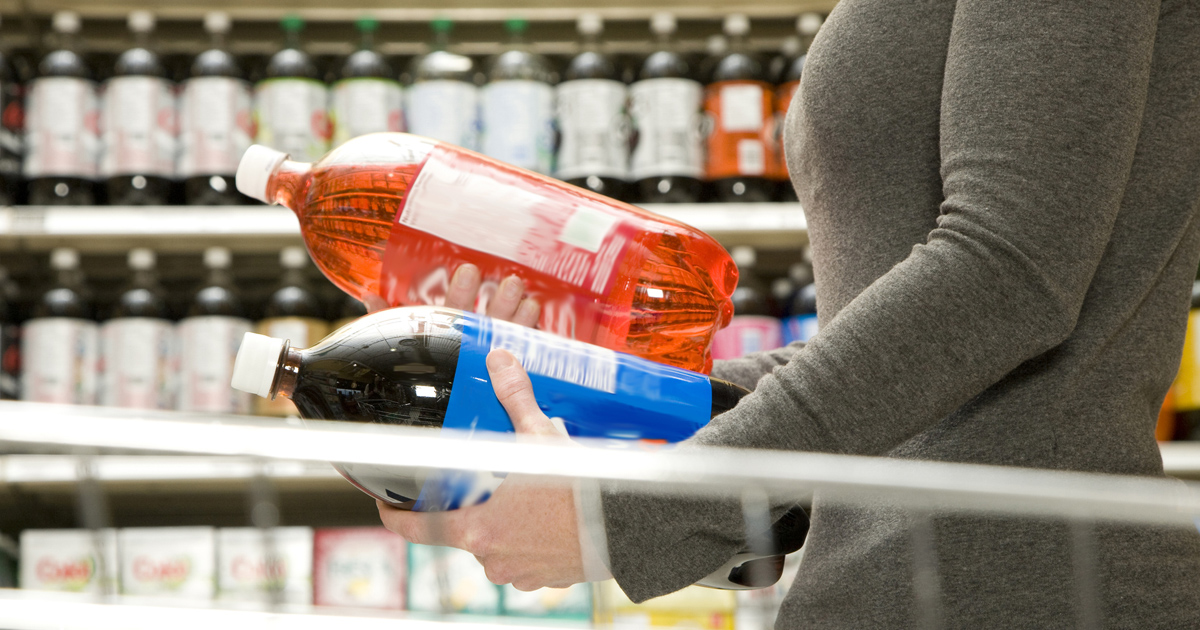The Impact of the Philadelphia Beverage Tax on Prices and Product Availability
Download
Associated Project
Multi-City Evaluation of Sugar-Sweetened Beverage (SSB) Taxes
Prepared for:
The Robert Wood Johnson Foundation
Key Findings
- On average, distributors and retailers fully passed through the SSB tax to consumers in the form of higher prices.
- Pass-through is higher for individual servings than for larger sizes.
- Pass-through is higher among stores located farther from untaxed stores outside Philadelphia and those that are independent as opposed to part of national chains.
- The tax reduced the availability of taxed beverages and increased the availability of untaxed beverages, particularly bottled water, in Philadelphia stores.
In recent years, numerous cities in the U.S. have enacted taxes on beverages to promote health and raise revenue. This paper examines the impact of Philadelphia’s beverage tax, enacted in 2017, on the prices and availability of both taxed and untaxed beverages. Using original data we collected in late 2016 and again one year later, we estimate difference-in-differences regressions of the change over time in beverage prices and availability in stores in Philadelphia relative to stores in nearby counties. We find that, on average, distributors and retailers fully passed through the tax to consumers. Pass-through is higher for individual servings than for larger sizes. There is also heterogeneity in the pass-through rate among stores; it is greater among stores that are in higher-poverty neighborhoods, located farther from untaxed stores outside Philadelphia, and that are independent as opposed to part of national chains. We also find that the tax reduced the availability of taxed beverages and increased the availability of untaxed beverages, particularly bottled water, in Philadelphia stores.
How do you apply evidence?
Take our quick four-question survey to help us curate evidence and insights that serve you.
Take our survey
